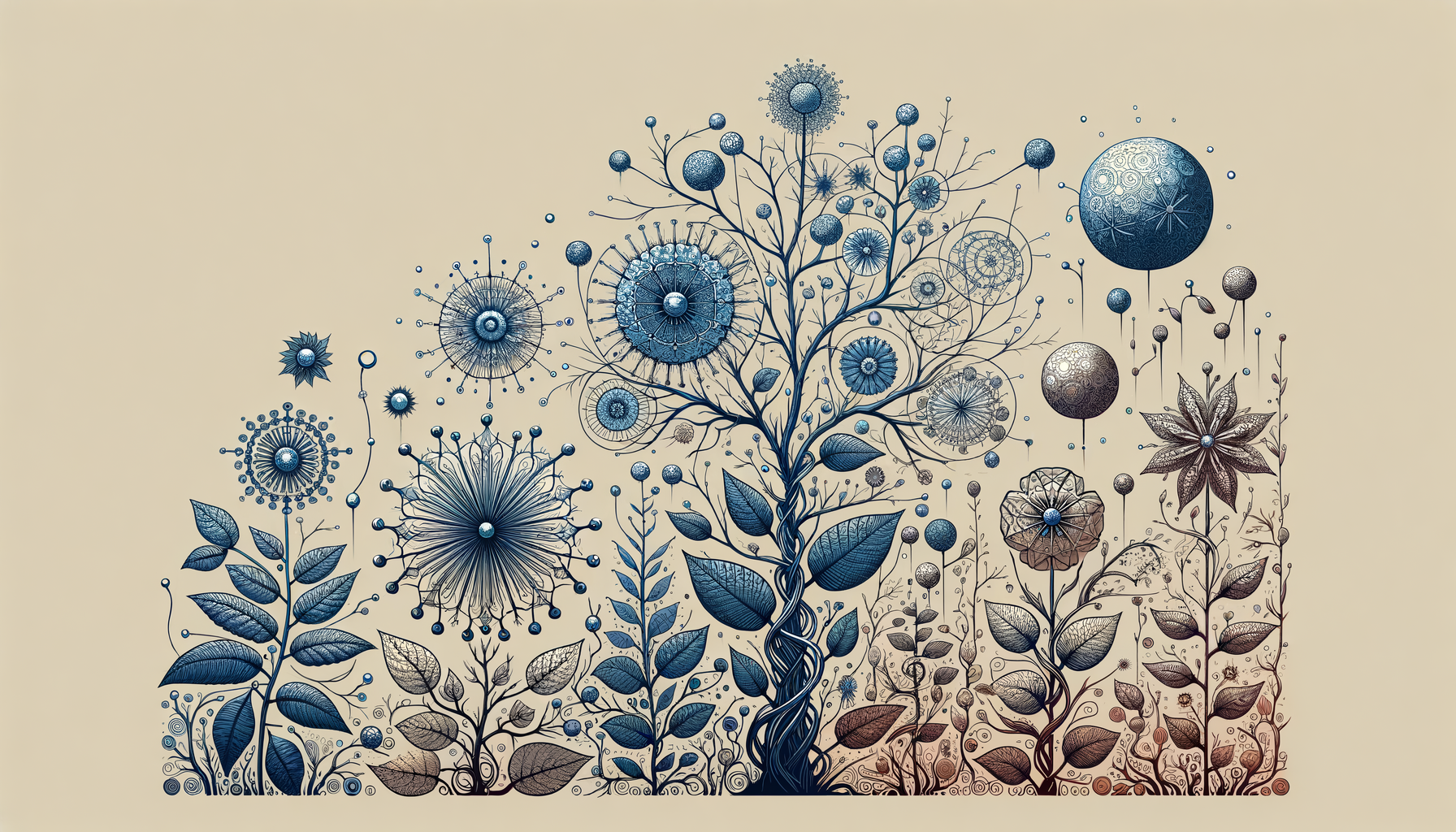"So, Wait, What Do You Actually Do?"
If I had a dollar for every time someone asked me this question, I could probably skip my next part-time semester teaching Colorado history and spoil myself with a weekend at some ski resort up the road from Telluride. For the record: I’m a writer. And not the kind of tortured, hunched-over-a-typewriter Hemingway you might be picturing, although I’d be lying if I said I haven’t sipped whiskey while staring at a blank page existentially from time to time.
But let’s clear something up. People have a lot of ideas about what my job entails—and most of them are about as accurate as a Hallmark cowboy accent. Writing about relationships, feelings, and the strange, beautiful mess of human connection? It’s rarely what folks assume. Let’s unpack a few myths, shall we?
Myth #1: Writing About Relationships Means I’m a Love Guru (Spoiler: I’m Not)
Let me set the record straight—writing about dating and relationships for a living doesn’t make me the Oracle of Love. People hear what I do and immediately start asking me for advice on text strategy: “Should I double-text her?” “Is ‘haha’ too flirty or not flirty enough?” Listen, I grew up in cowboy boots on a ranch, not in Plato’s Symposium.
The truth is, my expertise isn’t really about answers—it’s about asking better questions. For example: Are you texting someone because you’re genuinely interested or because you’re avoiding something (or someone)? What does “flirty enough” even mean to you? Writing about relationships doesn’t come with a magic wand. But it does come with a front-row seat to humanity’s most relatable chaos—mine included.
Take it from someone who once overanalyzed the meaning of a semicolon in a text because, “Why didn’t she just use a period?!” Pro tip: If you’re overthinking punctuation on a Friday night, maybe sign off and start watching literally anything on Netflix.
Myth #2: Writing About Feelings Is Always Romantic or Glamorous
Sure, on a good day, writing about love and connection feels like playing acoustic guitar on some windswept mountaintop. Cue the John Denver soundtrack. But most of the time? It’s more like trying to untangle a pair of earphones you found in the bottom of your bag—messier than it has any right to be and FULL of knots you didn’t see coming.
For starters, relationships aren’t always lovey-dovey dinner dates or slow-motion kisses in the rain (Hollywood, I’m looking at you). Often, they’re the stress of miscommunication, unspoken expectations, and, let’s be honest, that pile of dishes someone has been avoiding for three days.
Take this one time I wrote about conflict resolution strategies. Easy, right? Just tell people to “communicate openly.” Except writing advice that actually helps means digging deeper. It means reflecting on the moment I passive-aggressively washed dishes after a fight, waiting (and failing) to “win” an apology from someone who probably didn’t even realize I was mad. Spoiler alert: doing chores loudly is NOT conflict resolution. Writing isn’t glamorous when it forces you to lay out your own mistakes—but it’s real. And real sticks.
Myth #3: Writers Work in Cozy Cabins, Sipping Coffee, Writing Brilliant Ideas All Day
Some folks genuinely think I write while perched in a log cabin surrounded by deer, chipmunks, and perfect sunsets. (Okay, truth: I do have a great sunset view in Telluride. Small win.) But the daily grind of writing looks a bit different than that picture of rustic bliss.
Most days, I’m sitting at my kitchen table trying to channel Willa Cather and Cormac McCarthy while my dog peers at me like he’s wondering why I haven’t moved in hours. Creativity doesn’t roll in like a romantic thunderstorm on cue. Usually, it’s more like trying to start a campfire with soggy matches: lots of frustration, maybe some cussing, and eventual, patient sparks.
And then there’s the not-so-small matter of distractions. Writing about relationships? Guaranteed way to get derailed by your own “research.” One minute, I’m pulling stats about why gratitude strengthens partnerships; the next, I’m remembering that time I awkwardly gave someone a thank-you card after a first date. Spoiler: people don’t expect sincere stationery at Thai restaurants.
Behind the Words: What This Job Really Teaches You
For all the myths and misunderstandings, here’s what writing about humanity’s search for connection actually reveals:
-
Connection Looks Different for Everyone. Relationships don’t unfold in perfectly scripted arcs. Maybe your version of romance is laced with handwritten notes; maybe someone else’s looks like quiet Sunday breakfasts in matching slippers. There’s no one “right” map to intimacy.
-
Most Lessons Are Learned the Hard Way. You can’t write about vulnerability without walking through a few of your own missteps. It’s the late-night conversations, the petty fights over who gets the last waffle, the breakups that leave you staring at old photos—those are the moments that teach you something raw and real.
-
Sometimes Humor is the Best Bandage. No matter how awkward, weird, or ridiculous a dating moment feels, you’re absolutely not alone in it. Late-night texts you regret? Check. Accidentally calling your date your ex’s name? Done. Humor makes those moments human—and bearable.
If You’re Wondering What Writers Really Do...
We sit with our coffee (or whiskey, no judging), mining life for meaning. We try to wrangle the mess of relationships—first date jitters, awkward eye contact, long-term love, heartbreak, and even those unspoken battles over thermostat settings—into something that resonates.
But most importantly, we aim to remind readers—as well as ourselves—that they’re not alone in the ups and downs. That the world of relationships is equal parts frustrating and beautiful. And even if your latest romantic effort felt like tripping over your own boots at a dance hall, trust me, you’re going to laugh about it one day.
How does all this translate to a neat little elevator pitch about my job? It doesn’t, really. But maybe next time someone asks what I do, I’ll keep it simple: “I write about the stories that make us human.” And then I’ll offer them a story about that time I accidentally told someone I loved them at mile marker 70 on a road trip. Because let’s be honest—that’s where the magic really lives.




















